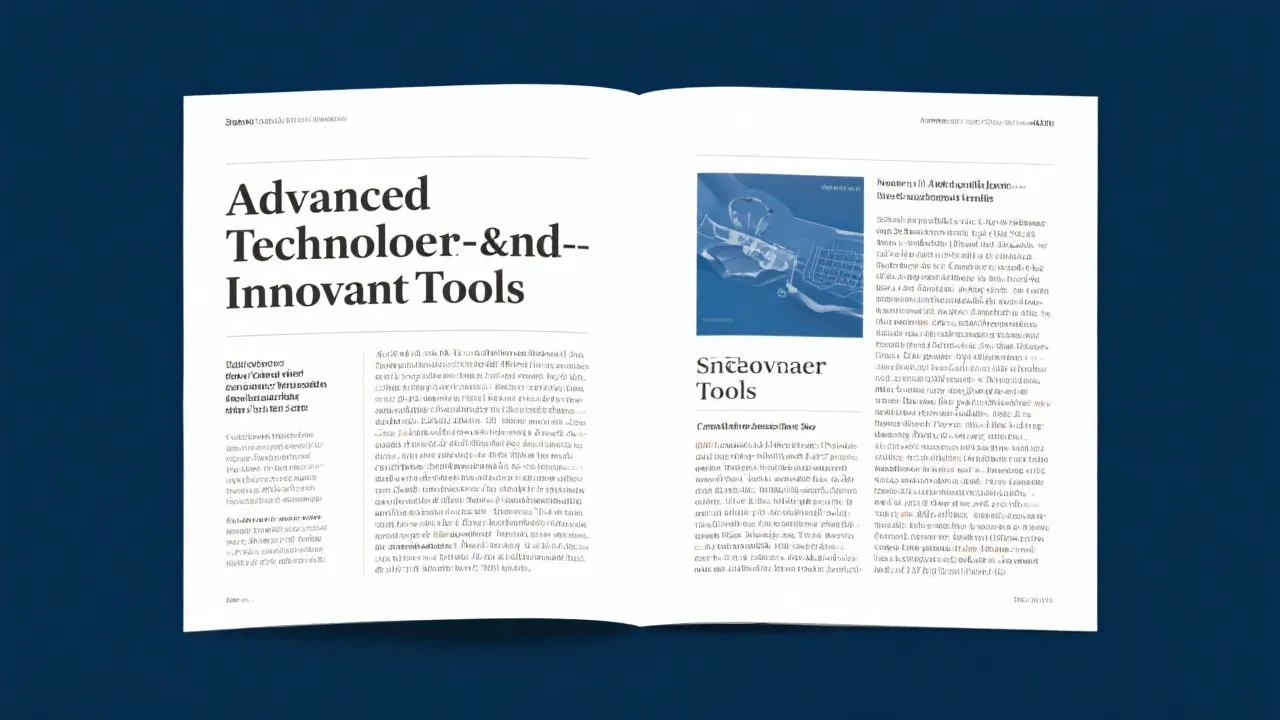Unlocking the Power of Wellness Programs in Enhancing Senior Insurance Benefits
Senior insurance plans often include wellness programs that provide multiple advantages, such as enhancing health and saving money. This exploration will detail the importance of such programs for retirees’ well-being.

Keywords: senior insurance plans, wellness programs, retirement well-being
Promoting Healthy Lifestyle Choices: Wellness initiatives in these plans encourage engaging in physical activity, quitting smoking, and keeping up with preventive health appointments.
Incentives for Well-Being: To motivate participation in health-positive actions, these programs commonly offer financial rewards like reduced premiums or gift cards.
Resource Accessibility: Enrolling in wellness programs allows you access to beneficial resources, such as workout classes, dietary advice, and educational materials regarding health.
Management of Chronic Health Conditions: These programs may offer assistance to manage enduring illnesses, offering guidance and resources to improve health management.
Proactive Health Screenings: By urging regular health assessments, these programs aim to catch health complications early, allowing for timely treatment.
Supporting Mental Health: With a growing focus on mental health, wellness programs provide tools for managing stress and ensuring emotional health.
Social Interaction Opportunities: Activities associated with wellness programs can help establish social ties and prevent the solitude often experienced in retirement.
Preventative Health Emphasis: These programs stress the importance of preventative healthcare measures to decrease the likelihood of severe health problems and healthcare expenditures.
Evaluating Personal Health and Lifestyle: Reflect on your present health status, lifestyle choices, and any future healthcare needs.
Healthcare Cost Projections: Forecast the healthcare expenses you might face during retirement, considering premiums, deductibles, and other out-of-pocket costs.
Planning Financially for Retirement Health Needs: Build an all-encompassing budget for retirement that includes funds for health-related expenses.
Understanding Medicare: Gain knowledge about the various components of Medicare and their coverage specifics.
Considering Additional Coverage: Think about whether you need extra coverage, such as Medigap or Medicare Advantage, for additional healthcare benefits.
Preparing for Long-Term Care: Make arrangements for any good care requirements, which might involve good care insurance or alternative solutions.
Utilizing Health Savings Accounts: If you are eligible, take advantage of HSAs to set aside funds for healthcare costs while benefiting from tax savings.
Periodic Plan Evaluation: Consistently reassess your health and financial situation to update your healthcare strategy as necessary.
Leveraging the wellness offerings in senior insurance plans can be instrumental in maintaining your health and reducing healthcare expenses, which contributes to a more fulfilling and high-quality life during your golden years.










